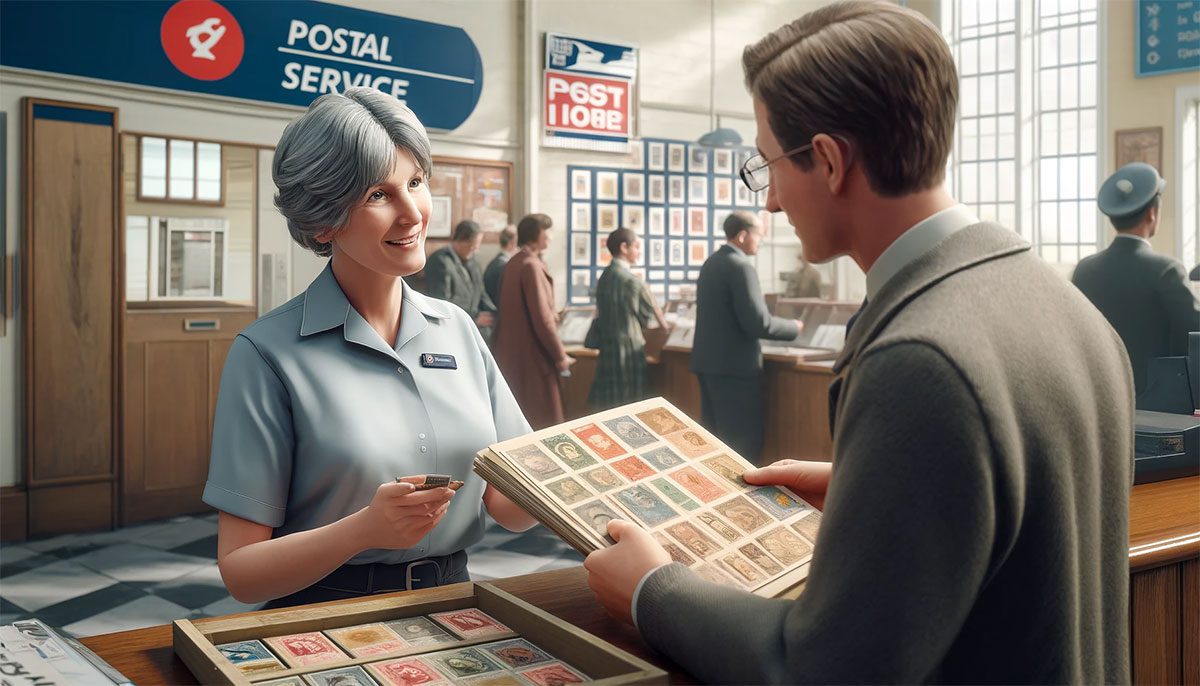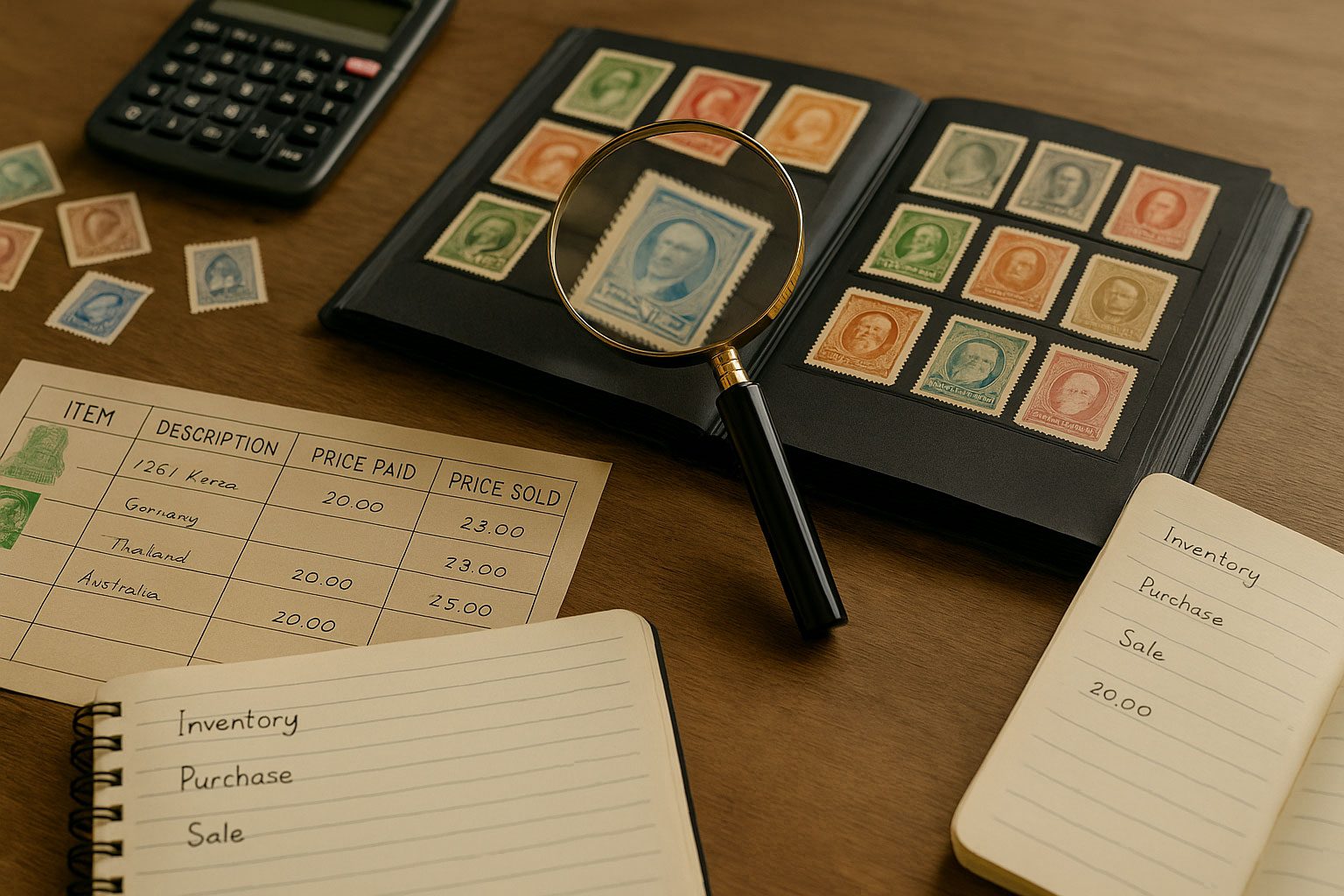When delving into the world of stamp collecting or simply dealing with a collection of old stamps, a common question that arises is whether one can exchange these stamps at the local post office. It’s a straightforward query with nuanced answers, depending on various factors. Understanding the intricacies of this process is crucial for collectors and enthusiasts alike.
history of stamp exchange practices
Throughout history, post offices have played a significant role not only in delivering mail but also in facilitating stamp transactions. In the past, it was more common for post offices to engage in stamp exchange activities, allowing collectors to swap or redeem old stamps for newer ones. However, with evolving practices and the advent of online platforms, the landscape of stamp exchange has transformed.
options for exchanging old stamps
In today’s digital age, where information is readily accessible, it’s essential to grasp the current policies and options available for exchanging old stamps at post offices. Whether you’re looking to refresh your stamp collection or simply dispose of unused stamps, knowing the avenues open to you can make the process smoother and more rewarding. Let’s delve deeper into the specifics of post office policies regarding stamp exchange.
Understanding Post Office Policies
Post offices typically have specific policies in place regarding the exchange of old stamps. These policies can vary depending on the location and the postal service provider. Generally, post offices may accept unused stamps for exchange under certain conditions, while the exchange of used stamps may be subject to different rules.
Differentiating between unused and used stamps
It’s essential to distinguish between unused and used stamps when considering their exchange at the post office. Unused stamps, also known as mint stamps, are those that have not been affixed to mail or canceled. These stamps are often in pristine condition and may be more desirable for collectors. Used stamps, on the other hand, have been used to send mail and typically bear postmarks or cancellations.
Factors influencing the exchange process
Several factors can influence the exchange process at the post office, including the condition, age, and rarity of the stamps. Post offices may assess the condition of the stamps to determine their value and eligibility for exchange. Additionally, older or rarer stamps may command higher value or interest among collectors, impacting their exchangeability.
alternatives to exchanging stamps at the post office
While exchanging stamps at the post office is one option, there are alternative avenues for stamp collectors. Online platforms, such as philatelic forums or marketplaces, offer opportunities for buying, selling, and trading stamps with fellow enthusiasts. Additionally, local stamp clubs or societies may organize stamp swap events or provide resources for collectors to connect and exchange stamps outside of traditional postal channels.
Read our guide: Where Is The Best Place To Sell A Stamp Collection?
You can also return your stamps to a postage buying service. They will give you partial credit for the face value of more modern stamps. Exploring these alternatives can broaden the possibilities for stamp exchange beyond the confines of the post office.
Tips for Exchanging Old Stamps
Before attempting to exchange old stamps, it’s crucial to prepare them properly to maximize their value and appeal. This includes carefully removing stamps from envelopes or other materials, avoiding damage such as tears or creases, and ensuring that the stamps are clean and free from any contaminants.
Suggestions for contacting local post offices
To navigate the process of exchanging stamps at the post office, it’s advisable to reach out to local post offices directly and inquire about their specific policies and procedures. Some post offices may have dedicated departments or personnel responsible for philatelic services who can provide guidance and assistance to collectors.
Exploring online platforms
In addition to traditional postal channels, the internet offers a wealth of opportunities for stamp exchange. Online platforms such as auction websites, forums, and social media groups cater to stamp collectors and provide avenues for buying, selling, and trading stamps worldwide. Likewise, joining local or online philatelic societies can connect collectors with like-minded individuals and facilitate stamp exchange through organized events and networking.
maximizing the value of old stamps
Finally, to ensure the best outcomes when exchanging old stamps, it’s essential to handle them with care and conduct thorough research. Proper handling techniques, such as using stamp tongs and storing stamps in archival-quality albums or sleeves, can preserve their condition and value. Additionally, researching the market value and historical significance of stamps can help collectors make informed decisions and negotiate favorable exchanges. By following these tips, collectors can navigate the world of stamp exchange with confidence and enjoy the rewards of building and enriching their stamp collections.




Leave a Reply